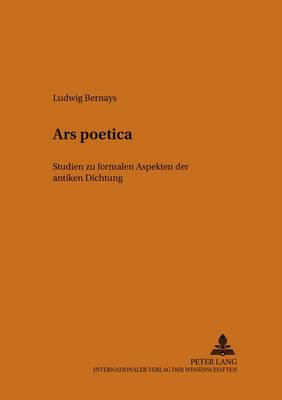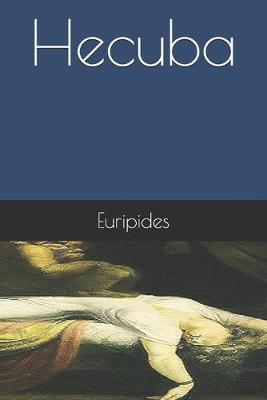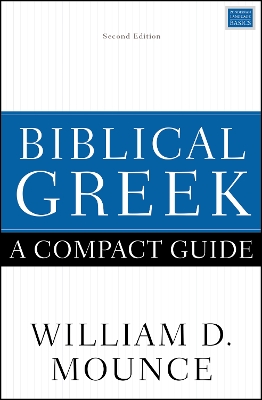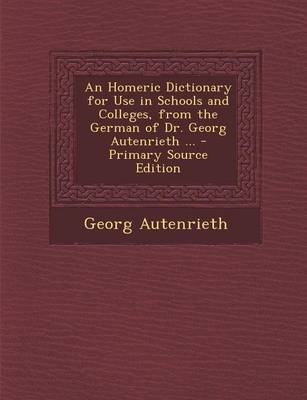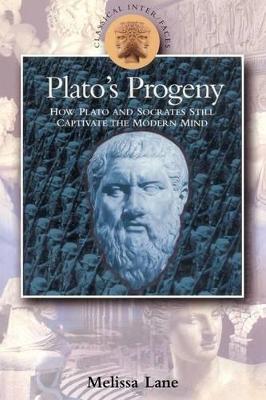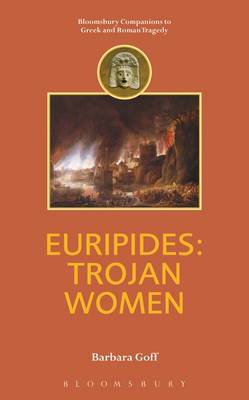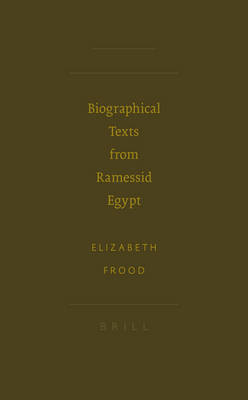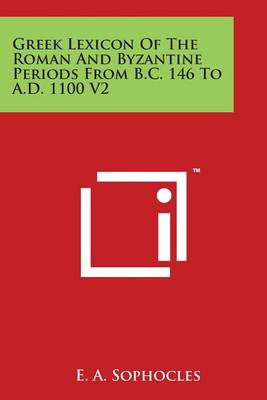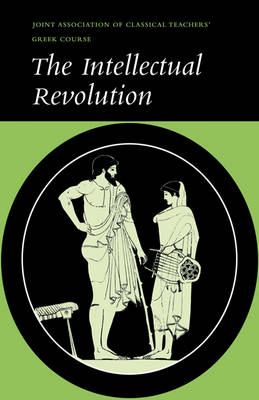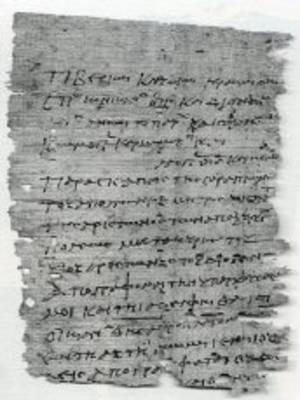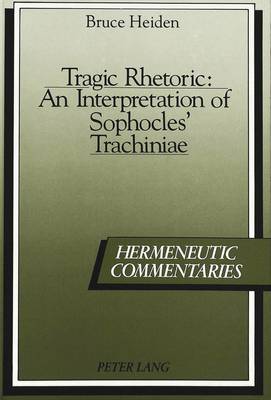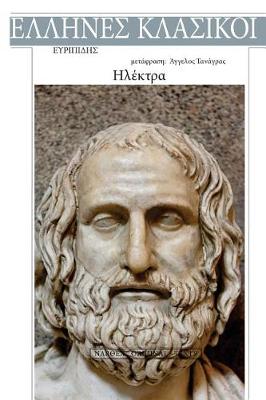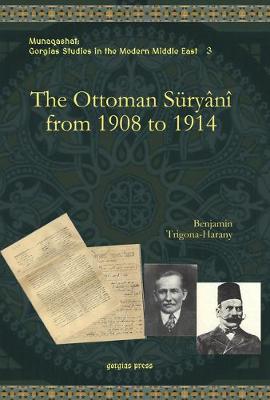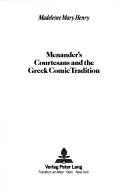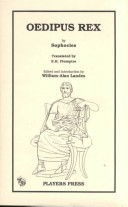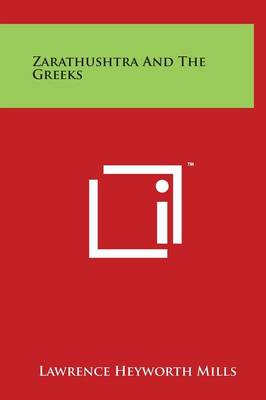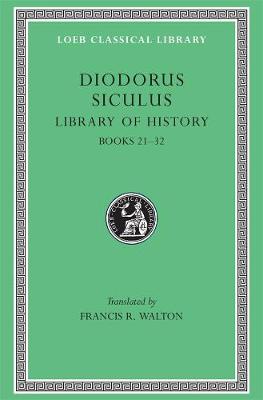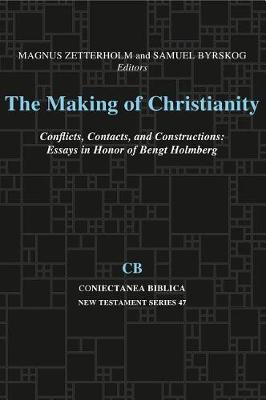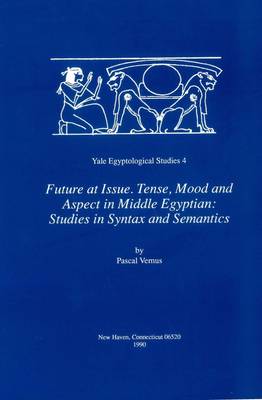Am Beispiel von Goethes Gedichtubersetzung Nach dem Anakreon wird auf die ungenugende Wahrnehmung formaler Elemente der antiken Dichtkunst (rhythmische Feinstrukturen, Anklangsbildungen, Textgliederungen) in der Neuzeit hingewiesen. Die teilweise als Reaktion auf den Formalismus des Barockzeitalters erklarbare Entwicklung hat zur Abschaffung von Reim und Metrum in der modernen Dichtung gefuhrt und in der Philologie die Einschatzung formaler Elemente als unwesentliches, rein ausserliches Beiwerk...
Hecuba (The Greek Tragedy in New Translations) (BCP Greek Texts)
by Euripides
Also available in paperback. Please see page 00 for a full description.
Biblical Greek: A Compact Guide, Second Edition by William D. Mounce is a handy, at-a-glance reference for students, pastors, and teachers. It follows the organization and format of the fourth edition of Basics of Biblical Greek Grammar, but it is also usable by students who learned with a different grammar. By limiting its discussion to the "nuts and bolts," Greek language students working on translation and exegesis will more quickly and easily find the relevant grammatical refreshers. Student...
An Homeric Dictionary for Use in Schools and Colleges, from the German of Dr. Georg Autenrieth ...
by Georg Autenrieth
Socrates wrote nothing; Plato's accounts of Socrates helped to establish western politics, ethics, and metaphysics. Both have played crucial and dramatically changing roles in western culture. In the last two centuries, the triumph of democracy has led many to side with the Athenians against a Socrates whom they were right to kill. Meanwhile, the Cold War gave us polar images of Plato as both a dangerous totalitarian and an escapist intellectual. This book is framed by accounts of modern respons...
Set at the end of the Trojan war, "Euripides' Trojan Women" depicts the women of Troy as they wait to be taken into slavery. While choral songs recall the death-throes of the great city, the scenes between the old queen, Hekabe, and the women of her family explore the consequences of the defeat, from the rape of Cassandra, through the triumphant self-exculpation of Helen, to the pitiful death of the child Astyanax, who is thrown from the walls of his ravaged city. Barbara Goff sets the play in i...
Biographical Texts from Ramessid Egypt (SBL - Writings from the Ancient World, #26)
by Elizabeth Frood
The Ramessid period in Egypt (ca. 1290-1075 B.C.E.) corresponds to the Late Bronze Age, a time of great change both in Egypt and the Near East. This period of empire, dominated by the figure of Ramesses II, witnessed crucial developments in art, language, and religious display. Biographical Texts from Ramessid Egypt offers insights into these cultural transformations through the voices of forty-five priests, artists, civil officials, and military men who served under the kings of the Nineteenth...
Greek Lexicon of the Roman and Byzantine Periods from B.C. 146 to A.D. 1100 V2
by Evangelinus Apostolides Sophocles
The Intellectual Revolution (Reading Greek)
The first part of the JACT Greek course is Reading Greek. It consists of two volumes, one of text and one of grammar, vocabulary and exercises and gives the student a thorough introduction to Attic Greek as well as to Herodotus and Homer. A World of Heroes and The Intellectual Revolution are designed to take students on from Reading Greek and to give them a graded introduction to six of Ancient Greece's most important authors.
Oxyrhynchus Papyri (Graeco-Roman Memoirs, #90)
Part 1 of this volume continues the publication of early Christian texts, while Parts 2 and 3 look at Greek fiction and Part 4 comprises documents from two well-known dossiers.
Israel in Egypt (Journal for the Study of the Old Testament Supplement S., No. 135.)
by Gordon Fay Davies
This work explores the misconceptions about the Ottoman Suryani community of the pre-World War I era, using a critique of the present day historiography as the context for the discussion. The works of three early twentieth century journalists, provide the material for the study. The author contends that this group cannot be considered as Assyrian nationalists, the traditional argument, that they saw the future of the Suryani people as best secured by the continuation of the Ottoman Empire, in wh...
Menander's Courtesans and the Greek Comic Tradition (Studien zur Klassischen Philologie, v. 20)
by Madeleine Mary Henry
English Literature and Ancient Languages
by Assistant Professor of Comparative Literature Kenneth Haynes
Oedipus Rex (World Theatre Classics S.) (Oedipus Cycle, #1)
by Sophocles, E H Plumptre, and William-Alan Landes
This edition of Oedipus Tyrannus is abridged from the full edition and differs mainly in the omission of an English translation. It contains an introduction, the Greek text and commentary in English. The full editions of all the plays, including Oedipus Tyrannus, are also available from Bristol Classical Press.
Library of History (Loeb Classical Library) (BCP Classics Companion S.)
by Siculus Diodorus
Diodorus Siculus, Greek historian of Agyrium in Sicily, ca. 80 20 BCE, wrote forty books of world history, called Library of History, in three parts: mythical history of peoples, non-Greek and Greek, to the Trojan War; history to Alexander's death (323 BCE); history to 54 BCE. Of this we have complete Books I V (Egyptians, Assyrians, Ethiopians, Greeks) and Books XI XX (Greek history 480 302 BCE); and fragments of the rest. He was an uncritical compiler, but used good sources and reproduced them...
The Tale of the Poor Man of Nippur (State Archives of Assyria Cuneiform Texts, #12)
by Baruch Ottervanger
This is a technical study of Middle Egyptian grammar aimed at enhancing our understanding of tense, mood and aspect; a difficult area of research because, as the author notes, 'we have no informants, since the discovered mummies have so far stubbornly refused to speak and are not expected to change their minds in the future'.
